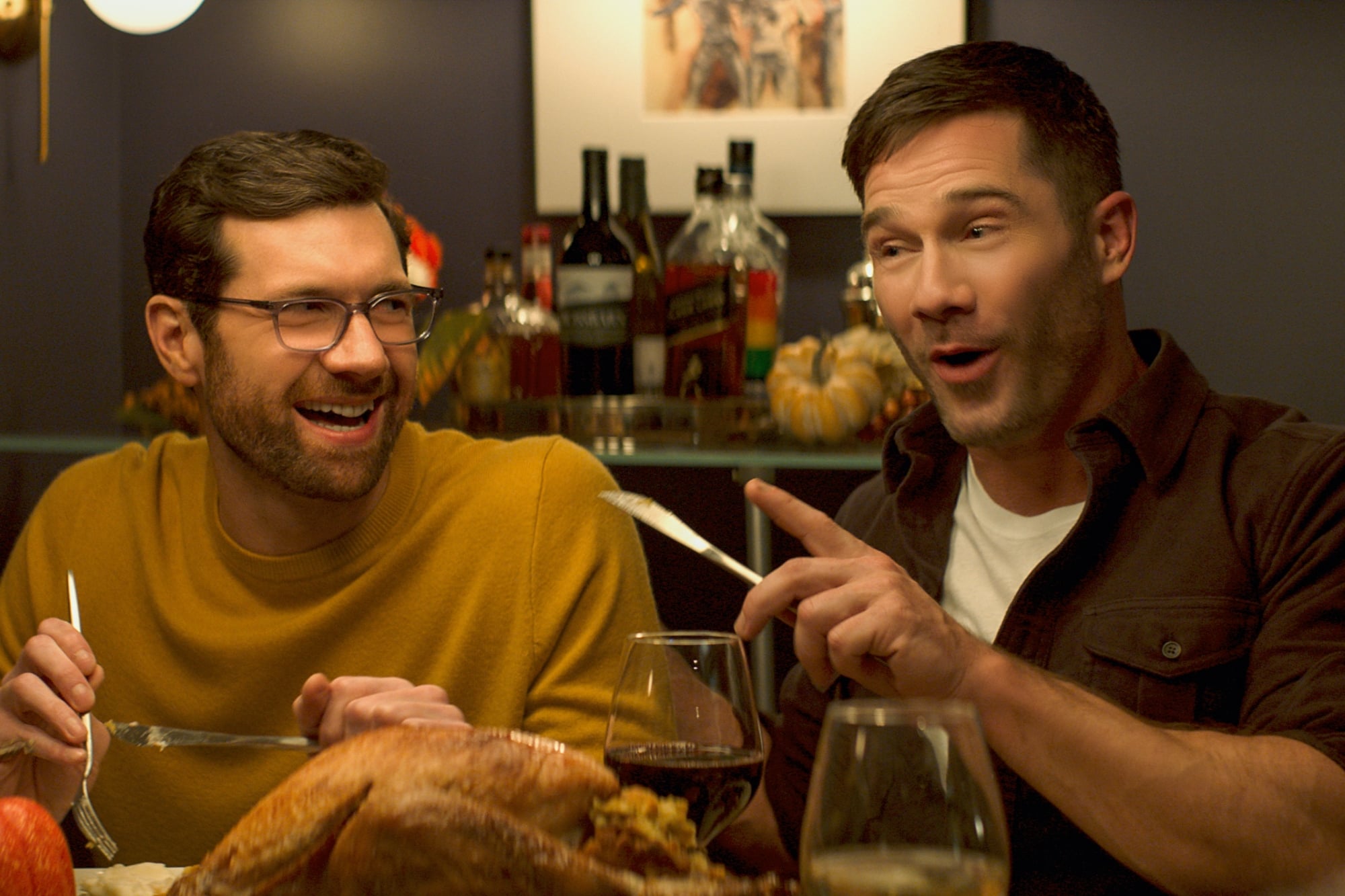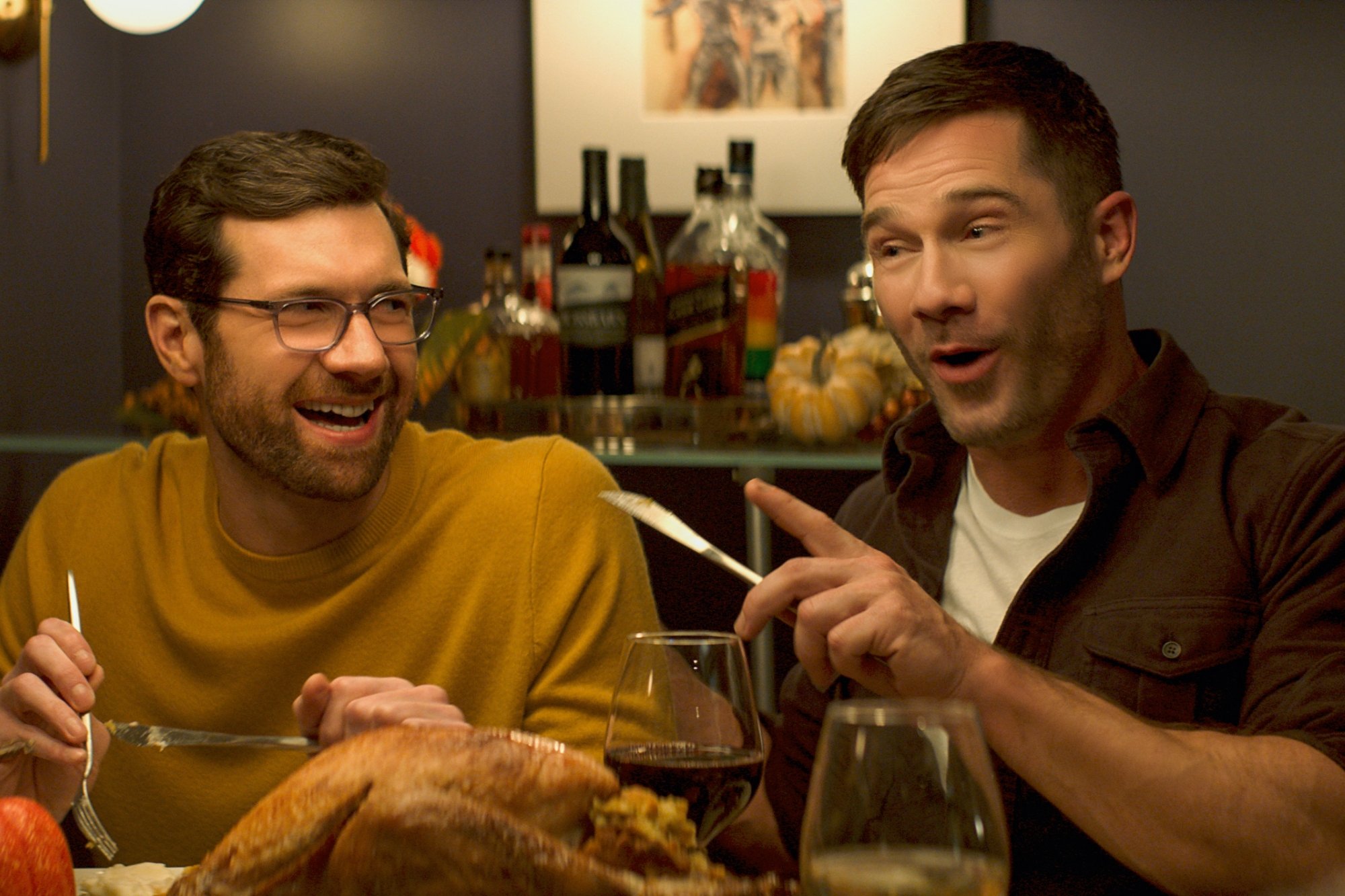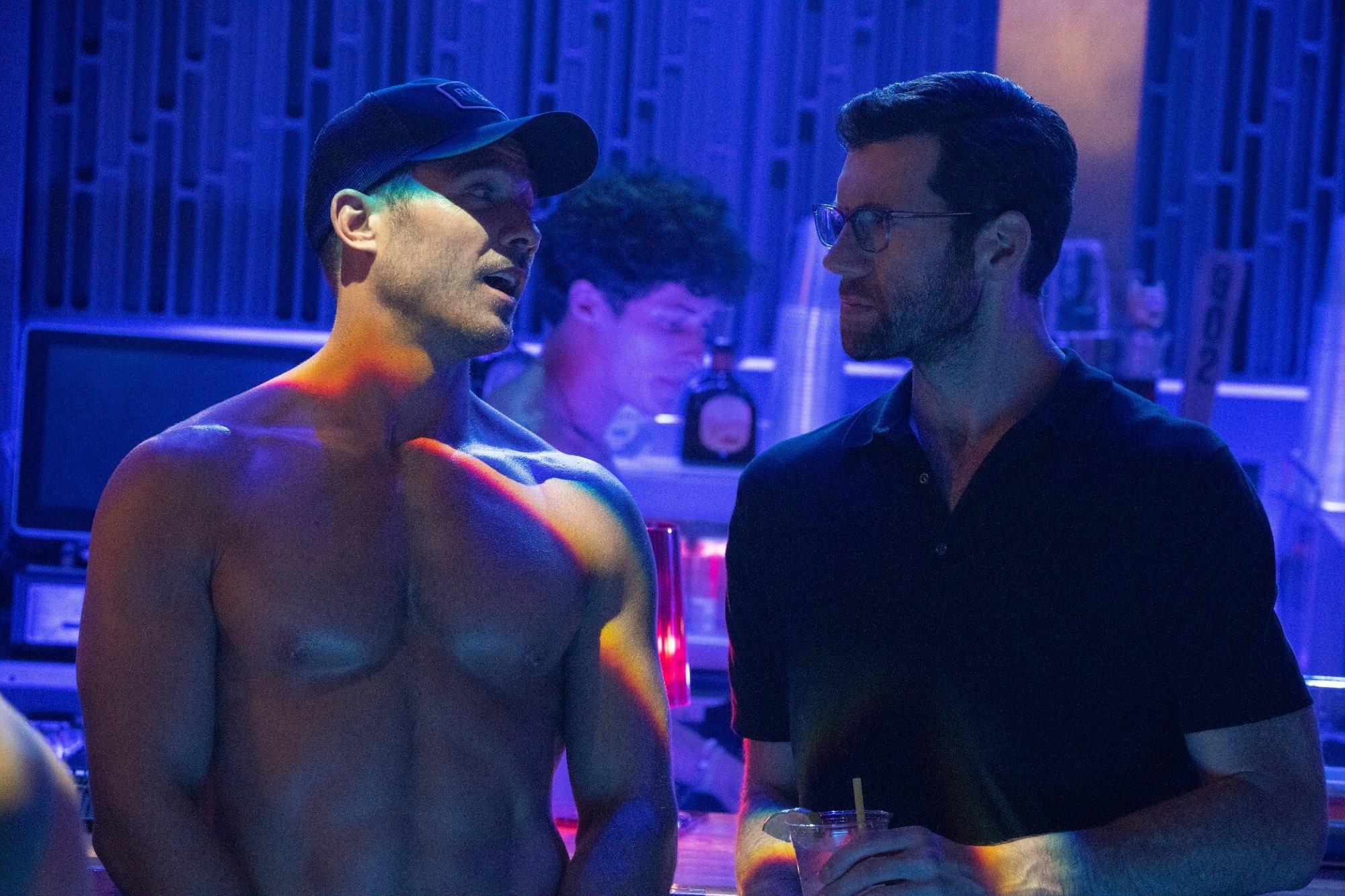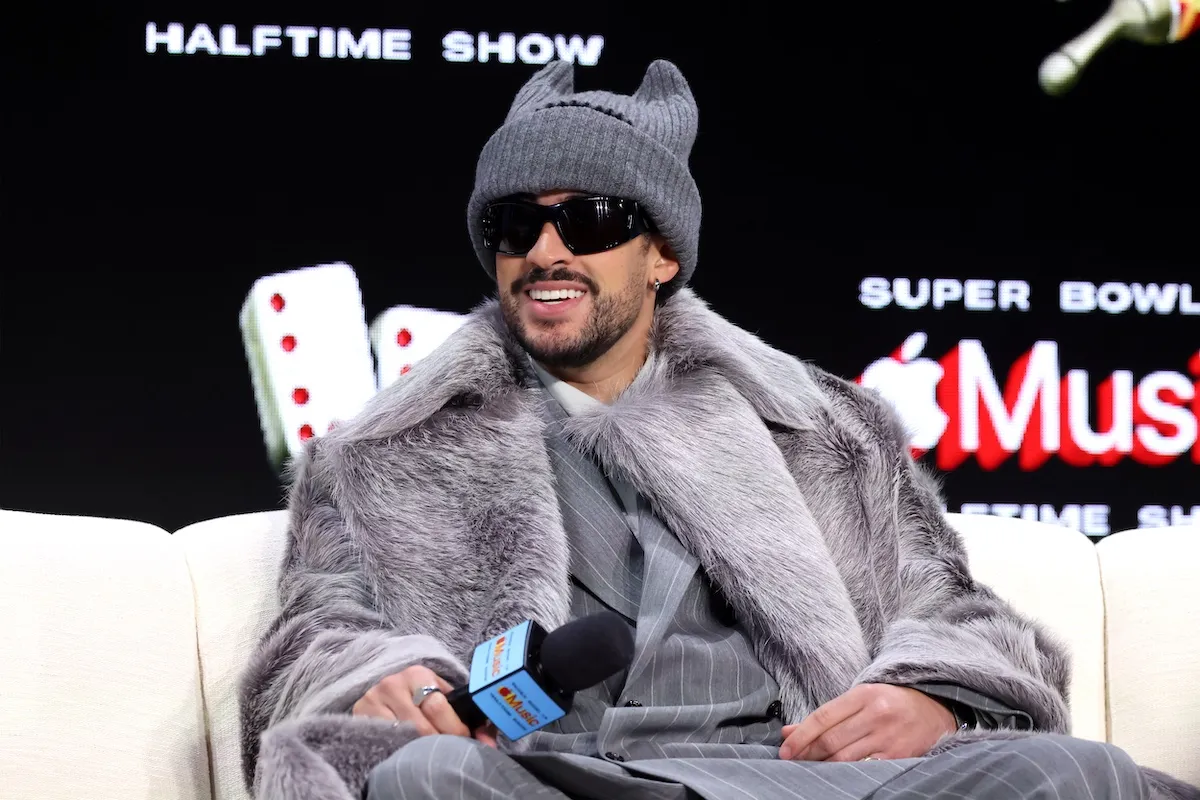
‘Bros’ Movie Review: Billy Eichner Makes History in Warm-Hearted Hollywood Studio Gay Rom-Com
Universal Pictures is the first major Hollywood studio to distribute a gay romantic comedy featuring an all-LGBTQ cast with Bros, which was a long time coming. Co-writer and lead actor Billy Eichner’s passion in this feature film is felt through every frame, and the finished product is a punchy, crowd-pleasing rom-com. Bros has a lot of weight on its shoulders for what it stands for. It buckles a bit under that pressure, but it’s serviceable as an entertaining rom-com that generates both sentimentality and plenty of raunchy laughs.

‘Bros’ is a romantic comedy between two men with commitment issues

Bobby Leiber (Eichner) is a gay man in his 40s who has never had a real relationship, but he’s fine with that. After all, he has a successful podcast where he vents about what it’s like to live life as a single gay man in New York City, and he works at the nation’s first LGBTQ museum of its size. He locks eyes with a muscled man named Aaron Shepard (Luke Macfarlane) at a party, where their electric chemistry quickly shifts between positive and negative.
Bros finds Bobby and Aaron developing feelings for one another, even though their commitment issues lead them to avoiding relationships. Nevertheless, their feelings for each other continue to grow and force them to confront their biggest insecurities.
A gay rom-com all about self-confidence
Bros drops audiences right into the thick of the gay, single dating life in a big city. Screenwriters Eichner and Nicholas Stoller tackle the awkward Grindr hookups and the brief interactions in dark clubs, not excluding the pursuit of taking the perfect nude pictures. Bobby’s frustrations surrounding dating and hookup culture continue to mount, as he classifies gay men between two categories – the smart ones and the stupid ones. He typically places men within this binary by their appearances, therefore he initially places Aaron into the latter.
However, Bobby couldn’t be more wrong. Aaron has the appearance of an overly-confident masculine gym rat, but he wrestles with his own insecurities. Bros is largely a dialogue piece on where confidence comes from and how we exude it, even in some of the most judgmental of social and professional spaces. It’s an important message on embracing one’s self-worth and individualistic style of confidence that can only come from within, a message all-too important in a hierarchical community based on physical appearance.
Eichner and Stoller’s screenplay infuses romance and personal worth along with its dialogue highlighting the importance of LGBTQ history. Bobby jokes that the world doesn’t know who threw the first brick at the Stonewall riots, but it’s likely that the 11th brick was thrown by a cisgender gay man. Much of the humor comes from taking jabs at the community’s history that society is quick to erase, as well as the in-fighting between the different letters of the LGBTQ alphabet. There’s a lot of material here that lands, but it frequently gets caught committing the very mistakes it accuses others of.
‘Bros’ serves the genre well, but not LGBTQ history

Bros boasts an impressive supporting cast full of exciting cameos. It’s wonderfully diverse, although it jams so many characters into supporting roles that most of them don’t get much of an opportunity to shine. Nevertheless, Stoller’s direction and the script he co-wrote with Eichner is packed with laughs. There are some great zingers, most of which come from Bobby. However, many of them require getting through a fair amount of exhausting build-up.
The rom-com genre largely relies on the leads’ ability to sell their romance to the audience. Eichner and Macfarlane do so with vigor, pushing their electric chemistry. However, Eichner’s fast-spitting dialogue delivery is often grating, resulting in this incredibly whiny character that grows insufferable. However, Eichner appropriately channels that energy into a monologue on confidence that is both incredibly moving and emotionally rich. It’s just a shame this authenticity isn’t found elsewhere in his performance. Meanwhile, Macfarlane is consistently charming and provides a much-needed calmness to Eichner.
Bros deserves to be celebrated for not holding back on its sexuality any more than other Judd Apatow-produced R-rated comedies. It’s sex-positive in its displays of consensual fetishes surrounding feet, wrestling, slapping, and poppers, incorporating them rather casually. Hollywood often erases and demonizes such sex acts between same-sex couples, but Stoller’s direction embraces them.
Eichner’s Bobby rightfully shames the commercialization of gay storytelling for straight audiences, but Bros isn’t innocent of this. It very much puts gay culture into an accessible package possible for all audiences to connect with. There’s a clear goal of teaching viewers a thing or two about LGBTQ history, but it only touches on the most obvious low-hanging fruit, all of which would be a part of your first day in Queer History 101. For how smart Bobby keeps claiming he is as he shames others for not embracing their history, he doesn’t really ever show a firm grasp of the subject himself.
Bros pokes fun at the privilege of conventionally attractive, cis, white gay men. Aside from a couple of jokes at Bobby’s expense, the film frequently considers him as low on the totem pole in the gay dating scene compared to Aaron. However, Bobby is a community leader with a successful podcast that he’s frequently approached about. Eichner and Stoller’s writing suggests that Bobby and Aaron are total opposites, making an unconventional pairing, but that’s far from the reality of it.
Bros is an important and elevated rom-com, but it doesn’t walk its talk. The jokes are consistent and often land, while the romance is charming, albeit less the focus than the comedy. It doesn’t reinvent the wheel that is the rom-com genre, but it really doesn’t need to. Nevertheless, Bros could use a tighter focus, a less abrasive lead character, and the means to back up its stance on the very history it champions.
Bros taps into theaters on Sept. 30.


